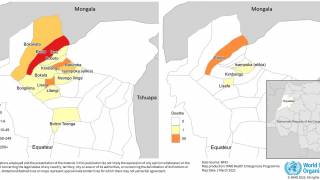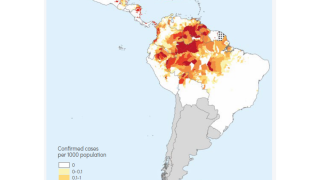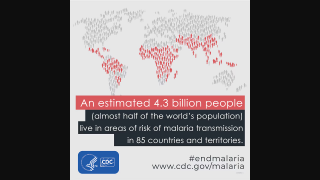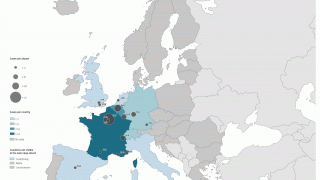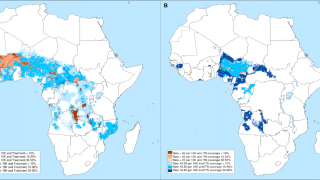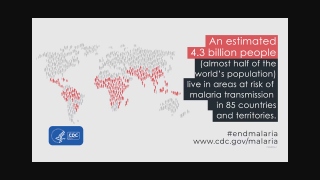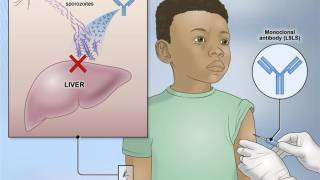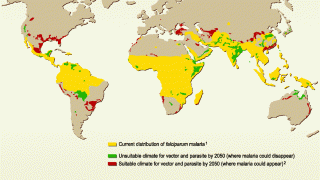Malaria Eradication Will Soon Have a Roadmap

Health experts from around the world are developing the first-ever roadmap to eliminate malaria.
In 2016, the estimated number of malaria cases reached 216 million, and deaths from malaria reached 445,000, reported the World Health Organization (WHO).
About 1,700 cases of malaria are diagnosed in the United States each year, says the WHO.
This new commission is a joint endeavor between the Global Health Group at the University of California, San Francisco and The Lancet, with financial support from the Bill & Melinda Gates Foundation.
Commision chairman Sir Richard Feachem, DSc(Med), Ph.D., who directs UCSF’s Global Health Group will collaborate with 24 commissioners to develop a roadmap, to be published in The Lancet in 2019, with a detailed analysis of how to pursue malaria eradication.
The Commission’s work follows that of the Malaria Elimination Group, also convened by the UCSF Global Health Group, and will complement and supplement the work of WHO’s Strategic Advisory Group (SAG) on Malaria Eradication.
Through mapping and modeling, the Commission will determine key factors that will positively or negatively affect malaria transmission.
Recently, the world’s first malaria vaccine to successfully complete Phase 3 testing showed a 40 percent reduction in malaria.
This vaccine, known as Mosquirix or RTS,S, acts against P. falciparum, the most deadly malaria parasite globally.
RTS,S aims to trigger the immune system to defend against the first stages when the Plasmodium falciparum malaria parasite enters the human host’s bloodstream through a mosquito bite and infects liver cells, reports GSK, the manufacturer of this vaccine.
The vaccine is designed to prevent the parasite from infecting the liver, where it can mature, multiply, re-enter the bloodstream, and infect red blood cells, which can lead to disease symptoms.
To be effective, the vaccine has to be administered once a month for 3 months, then again 18 months later.
The WHO regional director Dr. Matshidiso Moeti said, “Combined with existing measures such as mosquito nets and insecticides, the vaccine could save "tens of thousands of lives.”
Our Trust Standards: Medical Advisory Committee



